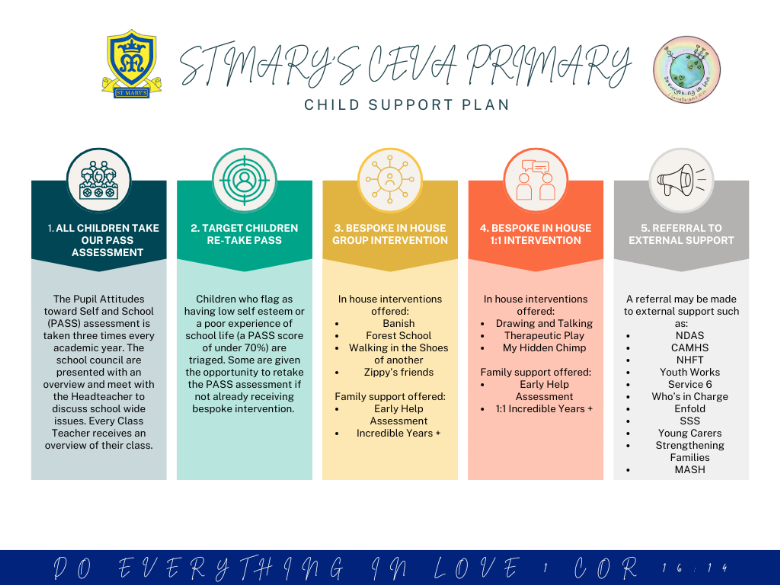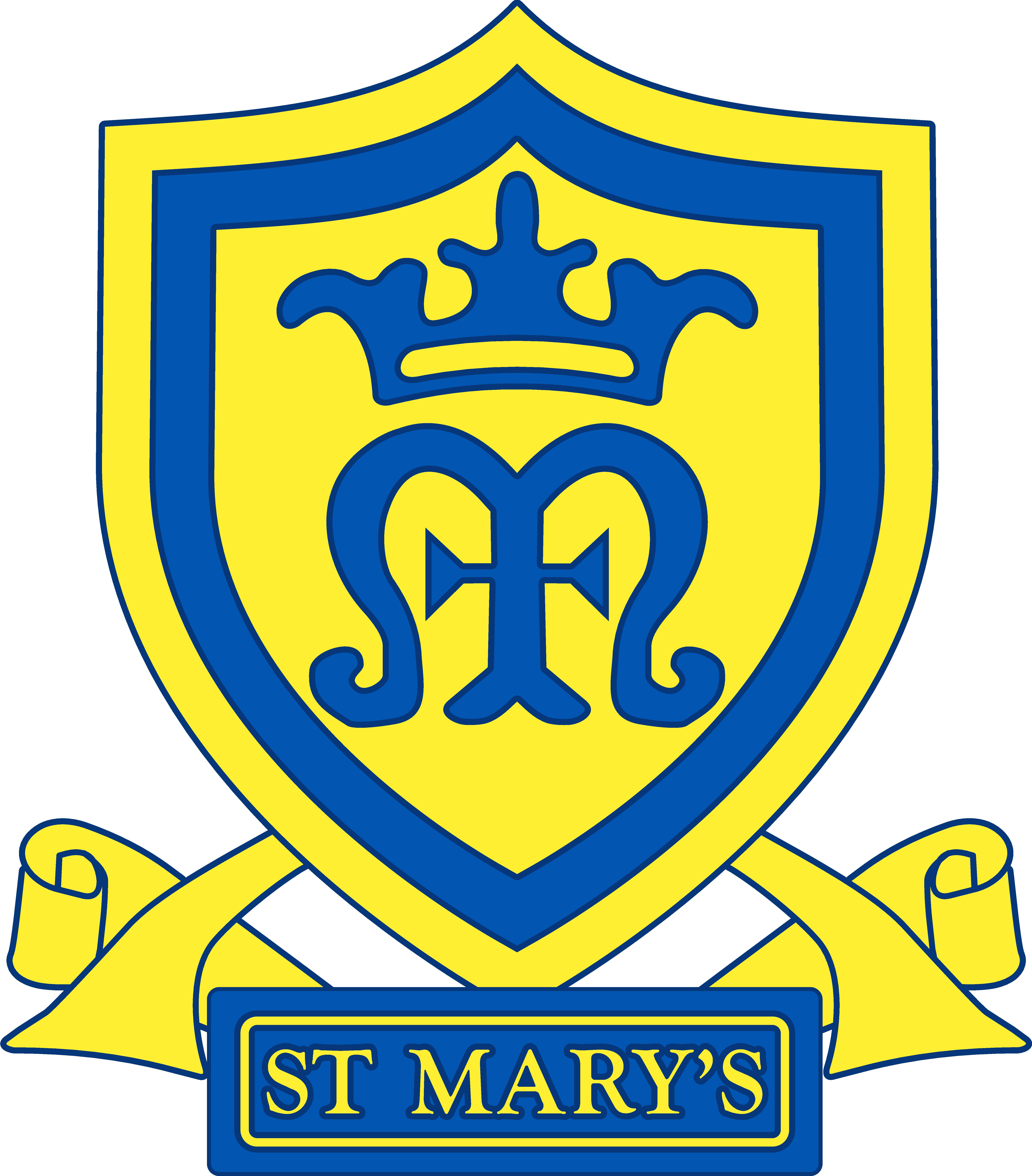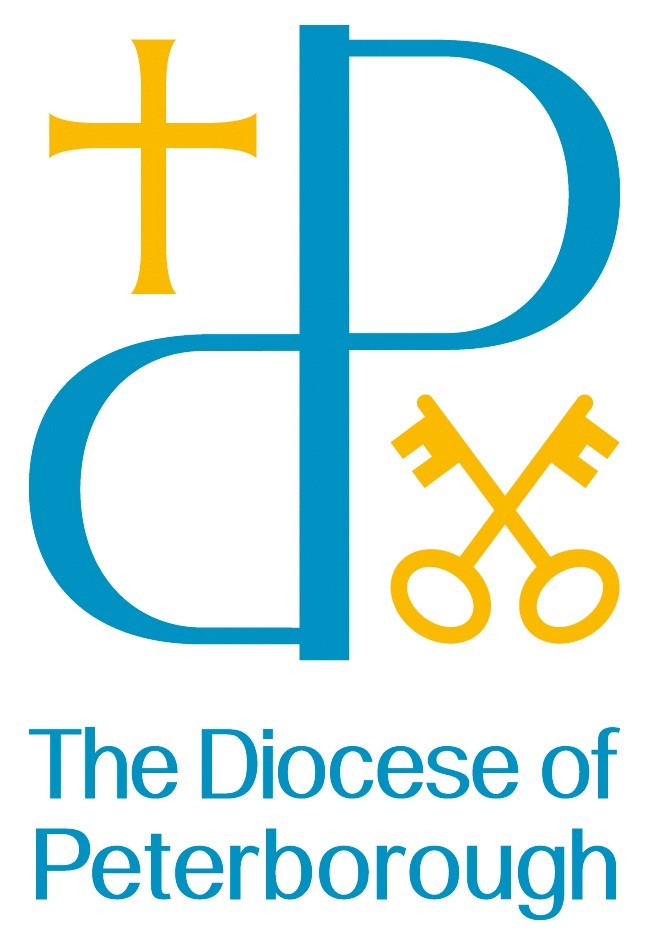Child & Family Support Plan
Here at St Mary's our main priorities are the health, safety and positive well-being of our students and staff. We are committed to the safeguarding of young people, providing a range of services to promote good mental health.
Our child support plan, detailed below, ensures that all of our students' voices are heard, and a robust support plan can be put in place should any difficulties arise.
If you are concerned about your child or feel that you or your family needs help - please contact the School Office and ask for Ms. Starkey, Mrs. Dix or Mr. Collins.
Step 1 - All of our children take our Pupil Attitudes toward School and Self assessment (PASS)
The PASS is taken three times per academic year, collecting the child’s thoughts and feelings on everything connected with school life. The School Council get an overview of the results and have a discussion with the Head Teacher regarding school wide issues. Class Teachers receive feedback on their children.
The PASS Assessment
In the PASS assessment, students are asked to rate the following statements out of 5 (3 in key stage 1), with 5 being strongly agree and 1 being strongly disagree.
- I am happy when I am at school
- I find it easy to concentrate on my work
- I behave well at school
- My Teacher notices when I have tried my best
- I feel that I belong at St Marys
- I feel safe at school
- There is an adult at school I can talk to if I have a problem
- I know how to stay safe online
- It is easy for me to do my homework
- I think that St Mary's is a friendly place
- The adults help me if I am feeling worried or anxious
- The adults act quickly if someone is unsafe or unhappy
- I know how to speak out to stay safe
- I think that school is important
- I find my MAJ book useful
- I find the MAJ conversations helpful
- I find the MAJ form that my parents see helpful
They are also asked to name two school trusted adults they would ask help from.
Anywhere in School that they do not feel safe.
Any ideas they have for new school clubs or ideas to improve the school.
And, if they would reccomend the school to their friends.
Step 2 - PASS Retake
Children who flag has having low self-esteem or poor experience of school (a PASS score of lower than 70%) are triaged. Some retake the PASS assessment if they are already not receiving bespoke intervention.
Step 3 - Bespoke in house group intervention.
Children who continue to display low self-esteem or a poor experience of school may be offered an in-house bespoke intervention.
Group Interventions Offered:
Zippy's Friends
Zippy’s Friends is a social and emotional learning programme for 5-7 year olds which meets all elements of the Mental Wellbeing requirements of the statutory guidance for Relationships and Health Education for primary schools.
Zippy’s Friends has been evaluated and found to improve children’s coping skills, social skills, emotional literacy, improve the class climate and reduce bullying. Read about the evidence behind Zippy’s Friends and the impact the programme has had on children and teachers.
Zippy’s Friends is based around a series of stories and the programme has 24 sessions of 45 minutes. The activities and stories are suitable for children of all abilities. The Additional Activities Booklet can be used as a follow-on programme to run Zippy’s Friends for a second year or to reinforce and consolidate the learning of the programme. There are also Home Activities to reinforce learning at home with parents and carers.
The six modules cover:
- Feelings
- Communication
- Friendship
- Conflict
- Change and Loss
- Moving forward
Children develop their own positive strategies to deal with problems through engaging activities: listening to stories, discussion, games, role-play and drawing.
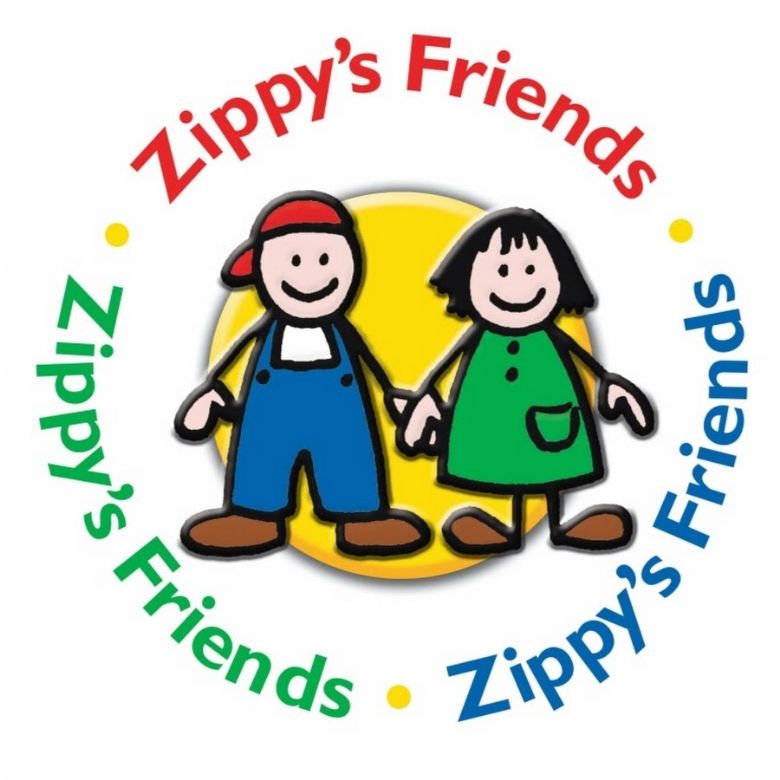
Banish Your Body Image Thief
Build a positive body image with this fun and effective workbook for young people. Watch out - the Body Image Thief is about! He's the sneaky character who keeps stealing your positive body image from your Body Image Vault, leaving only negative thoughts and feelings about your body behind. But don't worry - you can banish him for good and this workbook will show you how! Using a host of activities and real-life stories, this imaginative workbook will look at what body image means, how it develops, the impact it can have and how all this applies to your own body image. Based on cognitive behavioural and mindfulness principles and techniques, it is packed with strategies that will help you change how you think and act in order to build a positive body image, protect your Body Image Vault and banish your Body Image Thief for good! Engaging, informative and easy to read, this unique workbook is suitable for young people aged 10+ to work through on their own or with the help of a parent or practitioner.
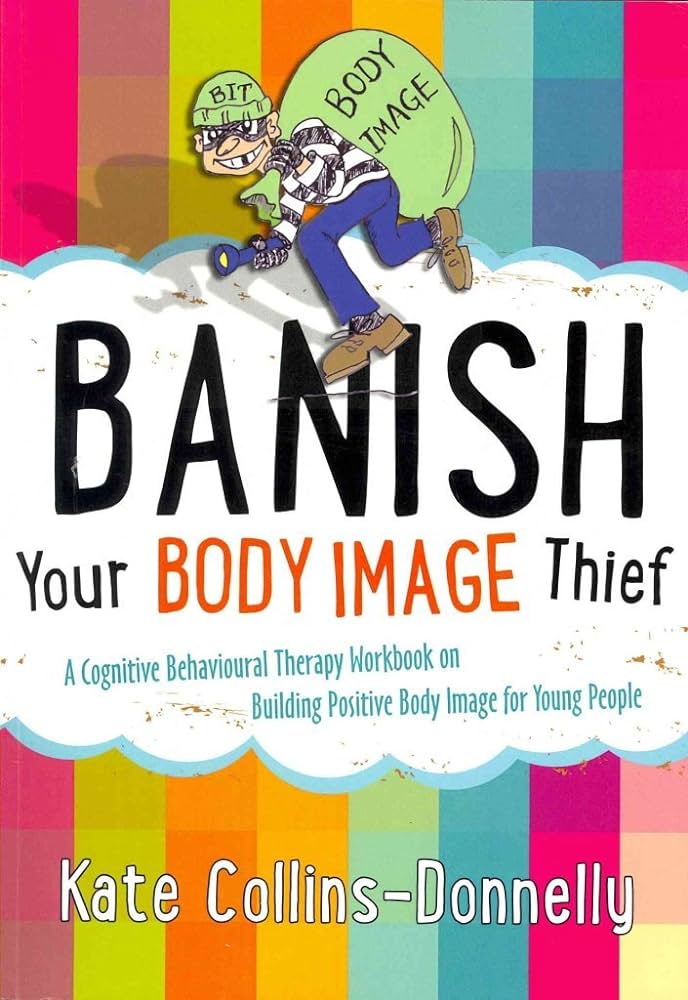
Walking in the Shoes of another
Do not judge another until you have walked a mile in his moccasins.' The stories in this volume are intended to encourage younger children to see the things that happen around them from different perspectives and to try to understand other people's emotions. Ten stories are told from two different perspectives. Events that might seem strange, unfair or untrue can be seen to be completely different when seen from the viewpoint of someone else. When an old lady encourages two young boys to help themselves to her raspberries, why does she then get upset when there are none left? Why is a little boy so thoughtless that he gets chocolate on his classmate's new dress? 'Walking in the Shoes of Another' contains ten pairs of stories each followed by questions that will stimulate lively discussion, designed to illuminate the perspectives and feelings of the different characters in the stories.
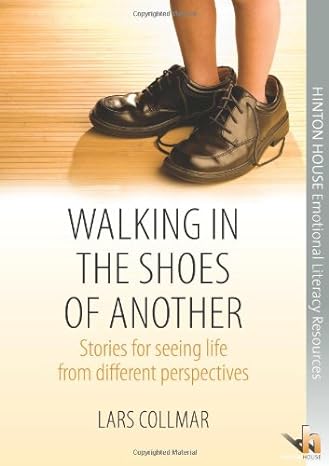
Forest School
Forest School is a child-centred inspirational learning process, that offers opportunities for holistic growth through regular sessions. It is a long-term program that supports play, exploration and supported risk taking. It develops confidence and self-esteem through learner inspired, hands-on experiences in a natural setting.
Forest School has a developmental ethos shared by thousands of trained practitioners around the world, who are constantly developing their learning styles and skills to support new and imaginative learners. Its roots reach back to the open-air culture, 'friluftsliv', or free air life, seen as a way of life in Scandinavia where Forest School began. It arrived in the UK in 1993 and has grown from strength to strength since then.
We are lucky enough to have our own Forest School site, located at the back of the school. This was secured in collaboration with North Northants County Council and TESCO.
Step 4 - Bespoke 1:1 Intervention
It may be that a child would benefit from bespoke 1:1 intervention. Please find interventions that we run in house below.
Drawing & Talking
Drawing and Talking Therapy is the number one alternative to CBT and direct talking therapies, that can often be confronting or limiting in the processing of pain or trauma. As an attachment-based therapeutic intervention, Drawing and Talking Therapy is designed to complement CAMHS and other specialist therapies.
Drawing and Talking allows individuals to discover and communicate emotions through a non-directed technique, setting it apart from existing solution-focused and cognitive-based therapies and interventions.
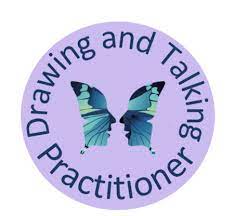
My Hidden Chimp
My Hidden Chimp is an effective and powerful intervention that offers parents, teachers and carers some ideas and thoughts on how to help children to develop healthy habits for life. The science behind the habits is discussed in a practical way with exercises and activities to help children think the habits through and start putting them into practice. The neuroscience of the mind is simplified for children to understand and then use to their advantage.
Professor Steve Peters explains neuroscience in a straightforward and intuitive way - offering up 10 simple habits that we as adults and children should have in our arsenal to deal with everyday life.
They include:
- Smiling
- The importance of talking through your feelings
- Learning how to say sorry
- Knowing how to ask for help
By also explaining the developing 'chimp' brain in children, he shows us how 10 habits can help children to understand and manage their emotions and behaviour. These 10 habits should and can be retained for life.
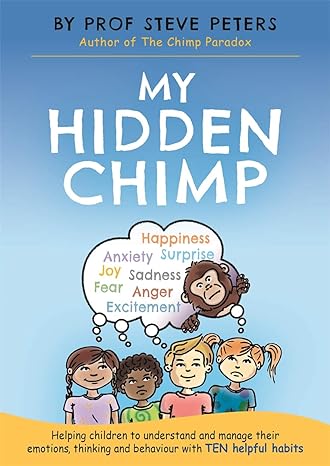
Therapeutic Play
We have an on-site Therapeutic Play Practitioner.
When children are troubled and struggling to adapt, play therapy offers a means for adults to focus on providing the right conditions for them to develop their methods and means of play.
In turn, this can enable them to learn to solve problems, to get along with others and to develop the skills they need to grow and learn.
Commonly, play therapists will take children into a playroom that has a wide range of toys, chosen for their capacity to help children express their feelings and problems.
Children are allowed to select the toys, and to choose the ways in which they want to play with them.
During the sessions, the therapist will observe the child’s actions and feelings closely, sometimes engaging in imaginary play, and set limits if the child’s behaviour becomes problematic.
Using this approach, children’s problems or issues usually come out naturally in their play.
Ideally, parents are their children’s first and best playmates. Children tend to be more creative when their parents are involved in their play, and the best play occurs when the adult plays alongside the child whilst listening to them, rather than just providing toys or supervising.
When children have a lack of healthy play situations, the therapeutic use of play is based on the missing early learning foundation and ‘replaces’ the playful environment with simple rules and a completely child-led approach.
The aim of play therapy is to decrease difficulties that interfere significantly with a child’s normally functioning play. It helps children achieve improved communication and understanding and develops their self-observation skills.
This results in improved impulse control, and more adaptive ways of coping with anxiety and frustration, as well as an improved capacity to trust and to relate to others.
The set of basic rules when playing with children, as summarised by psychologist and play therapy pioneer Virginia Axline, is a gift that play therapy has to offer to all people involved in young children’s lives.
Axline stated that adults should:
● develop a warm and friendly relationship with the child;
● accept the child as she or he is;
● establish a feeling of permission in the relationship so that the child feels free to express his or her feelings completely;
● be alert to the feelings the child is expressing and reflect these feelings back in such a manner that the child gains insight into his or her behaviour;
● maintain a deep respect for the child’s ability to solve his or her problems, and give the child the opportunity to do so;
● avoid attempting to direct the child’s actions or conversations in any manner as the child leads the way;
● avoid hurrying the time along as play is a gradual process;
● only establish those limitations necessary to anchor the time to the world of reality and to make the child aware of his or her responsibility in the situation.
Note that it’s important to recognise the difference between the therapeutic benefits of play for all children and the use of play therapy for the 20% of the UK’s children who suffer from a social, behaviour, emotional or mental health problem.
There are risks in using play for therapeutic purposes without training and clinical supervision – see ‘How to train’ below.
Practical applications
Play, and play therapy, can support children’s development in a variety of ways, as the following examples demonstrate…
Social and emotional development
A range of play activities can be used to promote the expression of feelings and emotions.
If we consider expressive arts, the use of clay tends to promote the expression of aggression, sorrow and concern, as it allows children to be creative, and it’s through this creativity that emotions are likely to emerge or be expressed.
Drawing, on the other hand, allows children to get in touch with their inner self and can be used to illustrate the development of their strengths. Children can be asked, for instance, to create a representation of what is troubling them.
A child may also show in a drawing the development of their learning from infancy to the present day to highlight memorable milestones and how much they have grown and accomplished over the years.
Finger painting tends to promote emotions of joy, celebration, and happiness.
Imaginative pretend play helps children learn about social skills and observe situations in a safe environment.
Puppets and soft toys can help them to learn and practise behaviours that are socially accepted.
By getting involved in puppet play with the child, adults can mimic situations that motivate children to respond in a variety of ways, so the children can indirectly explore the appropriateness of their own social behaviour.
Communication
By expressing themselves symbolically through toys in play (or play therapy), children are able to separate themselves from complex feelings and memories that are too difficult for them to directly communicate to others.
Creating an opportunity for children to bring their problems, wishes and desires to the surface, even if it is done symbolically, can be very beneficial.
An imaginary journey taken with the children, a personal story, allows them to get in touch with their memories in order to relate critically to their perception of the events, through dramatic role play.
Miniature animals and sand play provide visual pictures by touching the psyche, encouraging children to talk about whatever may be troubling them.
The use of symbols in the sand tray can help them develop a visual picture of events they have experienced.
Telling stories can encourage children to create their own story: it is highly likely that children will project ideas from their own lives onto the characters and themes in the story, and may even include themselves in events.
Telling stories enables children to express their wishes, fantasies and hopes. This is particularly useful for children who are experiencing traumatic happenings in their lives, as it gives them an opportunity to express their hurt.
Family Support
We supply the following familial interventions in school.
Early Help Assessment
Early help means working with you and your family to ensure that you receive the right help and support as soon as you need it Early help is for everybody, for families with children and young people of any age. And it's your choice whether to access it or not.
Early help and support
There are lots of reasons why you might want some support including:
- Advice about your child's health, development or behaviour
- How your child is progressing at school
- Caring for a child with a disability or additional needs
- Concerns you have about money or housing that is affecting your family
- Help around domestic abuse, drugs, alcohol or crime
- Bereavement support
- Being a young carer
Accessing early help
If you feel you and your family could benefit from some support please contact the school office and ask to talk to reith Ms. Starkey, Mrs. Dix or Mr. Collins.
The early help process and assessment
The Early Help Assessment (EHA) is a process designed to help you support your child.
It will help:
- your child receive the right support before a small need grows into a larger one
- create a shared assessment, so that you and your child will not have to repeat the same information to different workers
- ensure that everyone involved with your child – such as teachers and health visitors work together to support your child
An Early help assessment is a conversation where we can talk about things that are going well and things that you're proud of as well as things that you're finding a challenge and where support can be put into place to help you. Throughout the process, you have control over who is involved.
We will talk with your child or children to make sure they understand how they are feeling and anything they think they might want some help with.
What happens next will be different for every family. You might make a plan with the person you spoke with to sort out the problems. You might want to meet with other people who might be able to help. This is called a team around the family (TAF) meeting. Or you might want to get a service (like family support, therapy, or a children's centre) to give you the help you feel you need.
There may be times when the person you talked to must share information. This includes if they think:
- a child is at risk of harm
- an adult is at risk of harm
- the information could help prevent or detect a serious crime
The next steps
We can begin to complete an action plan based on the information you and your child provide. This may take place straight away or we may need to make some enquiries and contact you again.
If the action plan identifies that support is needed from other services, a team around the family (TAF) will be formed.
A TAF is a group of people who regularly meet with you to support your family. A member of the team around the family may be chosen as the lead professional.
Incredible Years
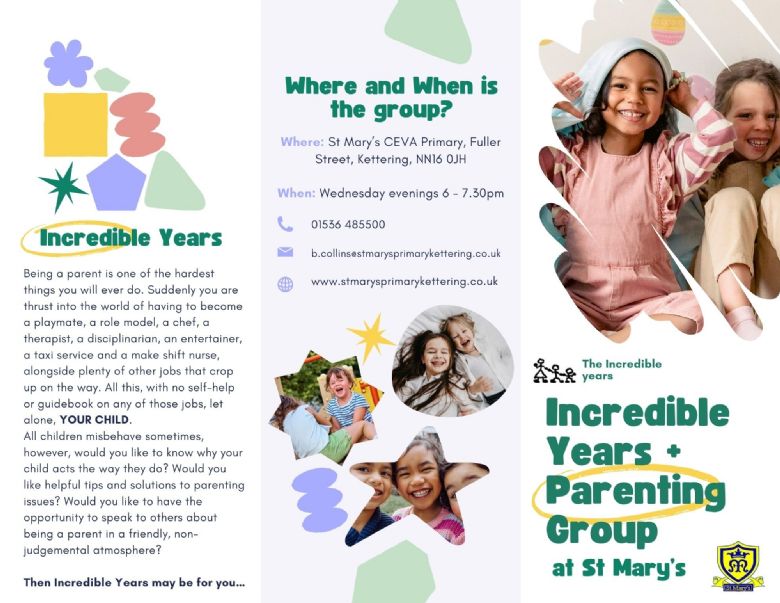
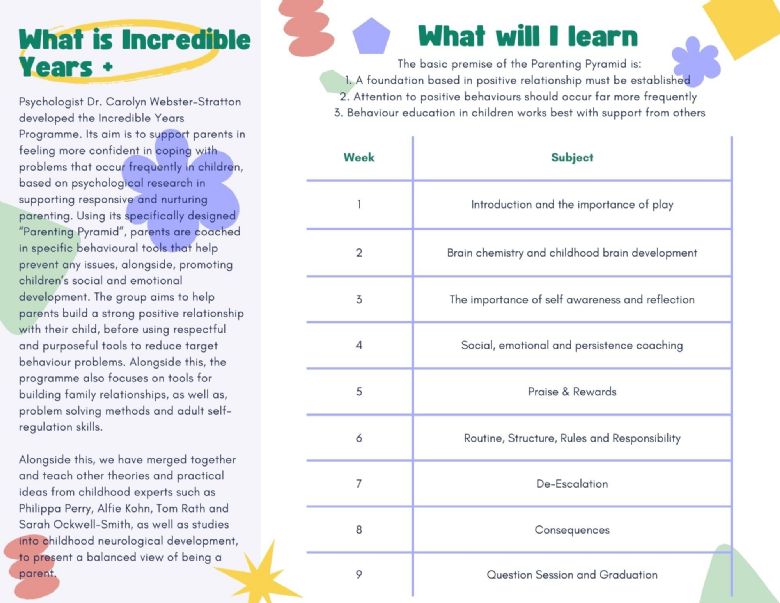

External Referrals
We may support you or your child by referring to the external services linked below:
